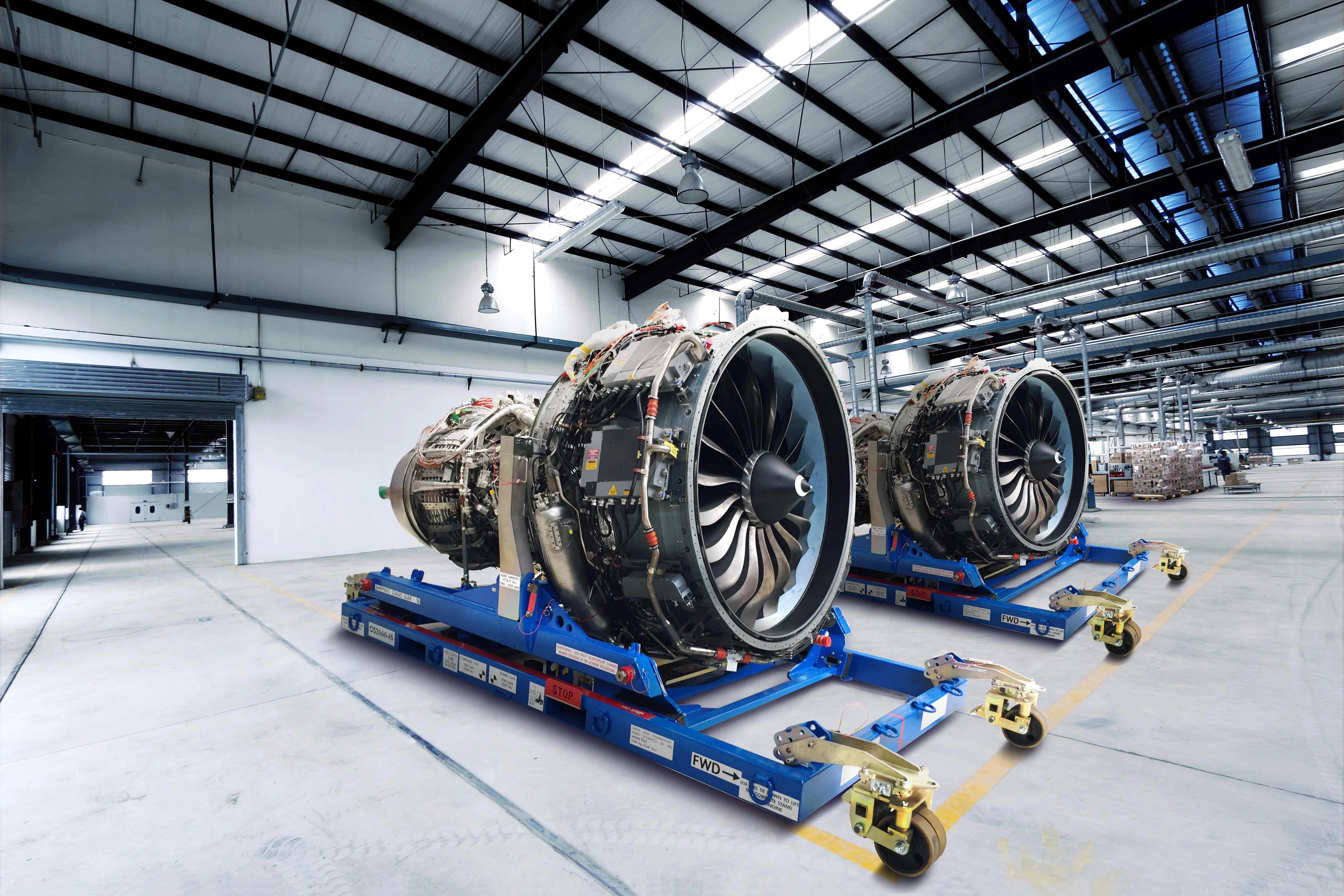Navigating EASA and CAA Regulatory Insurance Requirements for UK Aerospace Component Manufacturers
Introduction: The Critical Landscape of Aerospace Manufacturing Insurance
In the precision-driven world of aerospace component manufacturing, regulatory compliance is not just a checkbox—it's a fundamental requirement that can make or break a business. The European Union Aviation Safety Agency (EASA) and the United Kingdom's Civil Aviation Authority (CAA) have established rigorous standards that demand comprehensive insurance coverage beyond traditional business protection.
This comprehensive guide will explore the intricate insurance requirements, regulatory nuances, and risk management strategies essential for UK aerospace component manufacturers navigating the complex EASA and CAA landscape.
Understanding EASA and CAA Regulatory Frameworks
EASA: European Aviation Safety Standards
The European Union Aviation Safety Agency (EASA) sets the gold standard for aviation safety and regulatory compliance. For UK aerospace component manufacturers, EASA regulations remain critically important, especially in maintaining international market access and credibility.
CAA: UK's Aviation Regulatory Authority
Post-Brexit, the Civil Aviation Authority (CAA) has assumed full responsibility for aviation safety regulations in the United Kingdom. While maintaining close alignment with EASA standards, the CAA has developed its own comprehensive regulatory approach.
Mandatory Insurance Coverage for Aerospace Component Manufacturers
Professional Indemnity Insurance
- Covers design and manufacturing errors
- Protects against potential legal claims from aircraft manufacturers
- Typical coverage limits: £5 million to £50 million
- Essential for Part 21G design and production organizations
Product Liability Insurance
- Covers potential damages caused by manufactured components
- Critical for addressing catastrophic failure scenarios
- Recommended coverage: £10 million to £100 million
- Must include aerospace-specific risk assessments
Cyber Insurance for Aerospace Manufacturing
- Protects against digital design and manufacturing vulnerabilities
- Covers potential intellectual property breaches
- Essential for manufacturers using advanced CAD/CAM systems
- Includes incident response and data breach management
Risk Management Strategies for Compliance
Documentation and Traceability
Both EASA and CAA mandate comprehensive documentation for every manufactured component. Manufacturers must maintain:
- Detailed manufacturing records
- Component traceability documentation
- Quality management system (QMS) certification
- Regular internal and external audit trails
Quality Management System (QMS) Requirements
Aerospace manufacturers must implement a robust QMS that meets:
- ISO 9001:2015 standards
- AS9100 aerospace-specific quality management requirements
- Continuous improvement protocols
- Comprehensive risk assessment frameworks
Emerging Compliance Challenges in Aerospace Manufacturing
Post-Brexit Regulatory Landscape
The UK's departure from the European Union has created unique challenges for aerospace manufacturers, including:
- Navigating dual regulatory environments
- Maintaining international certification
- Adapting to evolving bilateral agreements
- Managing increased administrative complexity
Technological Innovation and Regulatory Adaptation
Emerging technologies like additive manufacturing (3D printing) and advanced composite materials present new regulatory challenges, requiring:
- Enhanced testing and validation protocols
- Updated insurance risk assessment models
- Continuous regulatory education
- Proactive compliance strategies
Selecting the Right Insurance Partner
When choosing insurance for aerospace component manufacturing, consider providers that offer:
- Specialized aerospace industry knowledge
- Flexible coverage options
- Understanding of EASA and CAA regulations
- Rapid claims processing
- Global coverage capabilities
Conclusion: Proactive Compliance is Key
For UK aerospace component manufacturers, regulatory compliance and comprehensive insurance are not optional—they are fundamental to business survival and success. By understanding EASA and CAA requirements, implementing robust risk management strategies, and selecting appropriate insurance coverage, manufacturers can navigate this complex landscape with confidence.
Frequently Asked Questions
Q: How often do EASA and CAA regulations change?
A: Regulations are typically updated annually, with significant changes occurring every 2-3 years. Manufacturers must stay informed through continuous professional development and industry associations.
Q: Are international manufacturers subject to these regulations?
A: Yes, any manufacturer supplying components to UK or European aircraft manufacturers must comply with EASA and CAA standards, regardless of their geographical location.


 0330 127 2333
0330 127 2333
